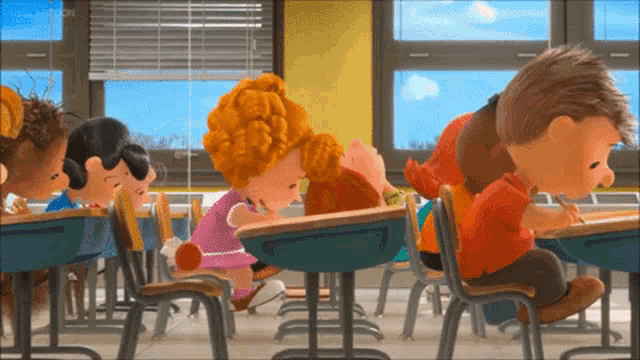
Emergent curriculum is an approach to early childhood education that is centred on individual children’s interests, needs and experiences. It recognises that children are active participants in their own learning and that the curriculum should be guided by their interests and inquiries. This approach emphasises curiosity, exploration and each child’s unique strengths.
Following children’s interests and inquiries is a key principle of the emergent curriculum. Educators can identify children’s passions, curiosities and questions by observing and listening to them. For example, if a group of children expresses a strong interest in insects, educators can plan activities such as bug hunts, insect research and the creation of an insect habitat. This approach not only encourages a love of learning, but also allows children to participate actively in shaping their educational experiences.

Image Credit: https://www.careforkids.co.nz/child-care-articles/article/330/emergent-curriculum-an-individualised-approach-to-early-learning
Another benefit of the new curriculum is its adaptability. Educators adapt and modify the curriculum to meet the changing interests and needs of children. This ensures that learning experiences remain interesting and relevant. For example, if a child expresses an unexpected interest in dinosaurs, educators can modify the planned activities to include dinosaur-themed books, art projects and dramatic play scenarios. Educators can meet children where they are and create meaningful learning opportunities when they are flexible.
The educator’s role in the emergent curriculum is that of a facilitator and co-learner. Educators observe and participate in children’s play, asking open-ended questions and offering assistance as needed. They teach children to think critically, solve problems and reflect on their experiences. Educators create a safe and supportive learning environment by actively participating in their students’ learning journeys.

Image Credit: https://www.importanceofplay.eu/2019/what-do-teachers-think-about-the-benefits-of-play/
Documentation is an essential component of the emergent curriculum. Educators record and document children’s learning experiences, capturing their progress, interests and discoveries. Photographs, videos, journals and art exhibits are all examples of documentation. It is used not only as a record of children’s development, but also for reflection, assessment and communication with families. Sharing documentation with children and their families reinforces the importance of their contributions and recognises their accomplishments.
Emergent curriculum promotes the integration of multiple learning domains. Educators ensure a holistic approach that includes cognitive, social, emotional and physical development rather than focusing solely on academic subjects. If children are interested in outer space, educators can incorporate maths by counting stars, literacy by reading space books and physical development through movement activities that simulate spacewalking. This interdisciplinary approach encourages holistic development and prepares children for future learning.
The environment is very important in supporting emergent curriculum. Exploration, creativity and independence should be encouraged in the learning environment. Open-ended materials such as blocks, art supplies and natural materials allow children to freely express their ideas and engage in open-ended play. The classroom should be organised to reflect the interests of the children, with displays of their work and readily available resources related to their inquiries. A welcoming environment that reflects children’s identities and cultures promotes a sense of belonging and ownership over their learning experiences.

Image Credit: https://tenor.com/en-GB/view/snoopy-classroom-cute-gif-17091544
Collaboration and peer interaction are essential in emergent curriculum. Educators create opportunities for students to collaborate, share ideas and learn from one another. Group projects, problem-solving activities and discussions foster collaboration, communication and social skill development. Peer interactions also help children develop social-emotional skills, empathy and an understanding of different points of view.
In summary, emergent curriculum in early childhood education emphasises the value of supporting individualised learning, fostering children’s interests and a sense of curiosity. Educators create engaging and meaningful learning experiences by incorporating children’s inquiries into the curriculum. The flexibility, collaboration and documentation inherent in emergent curriculum empower children to participate actively in their education, fostering a lifelong love of learning and holistic development.


